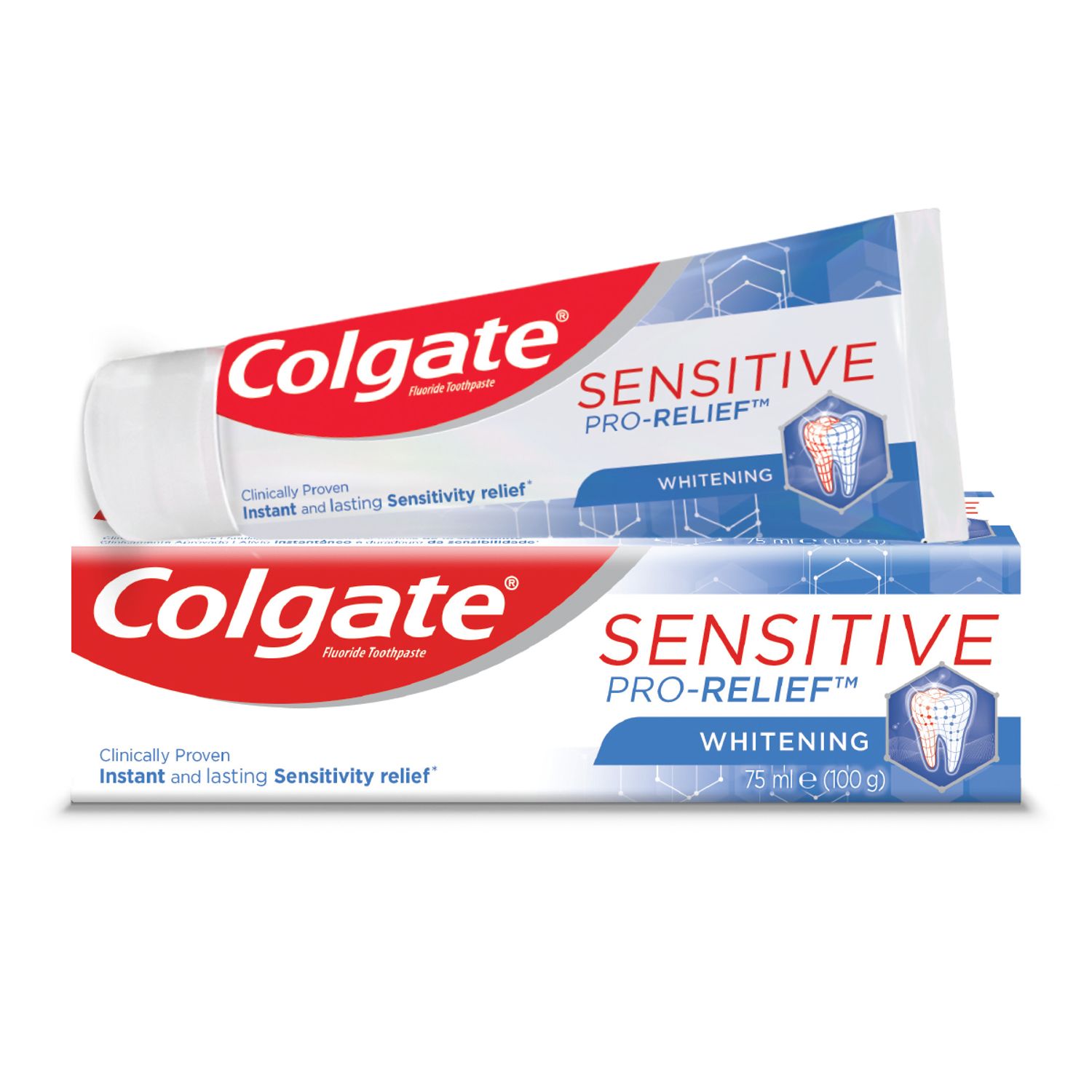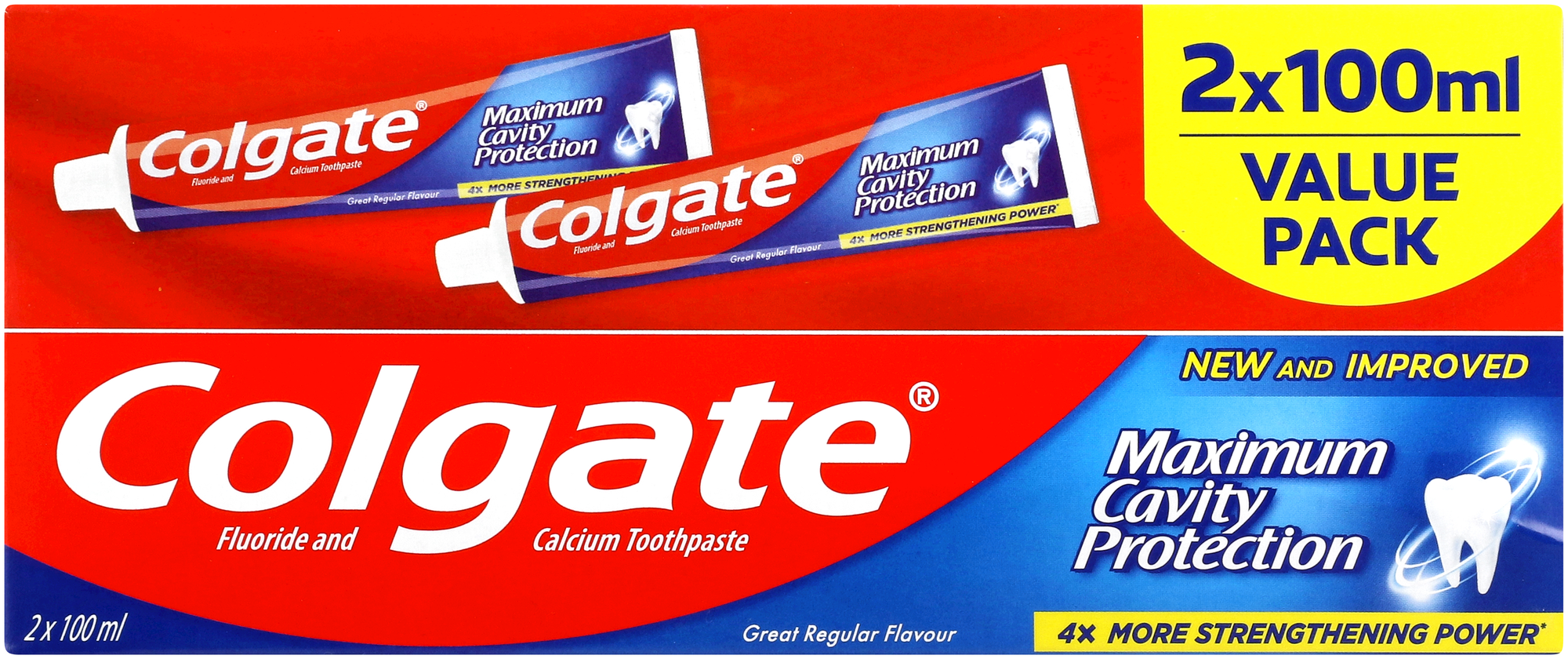-
-

CAVITIES
Can You Heal A Cavity At Home?You feel a sharp pain when you bite down or try to eat. You think it's a cavity, but you're not 100 percent sure...

BAD BREATH
How To Cure Bad BreathMore commonly known as bad breath, halitosis is an embarrassing hygiene issue that nobody wants, but some of us get every now and then...
-
Science & Innovation
- Colgate® | Toothpaste, Toothbrushes & Oral Care Resources
- Oral Health
- Dental Caries: How They Are Formed and What To Do to Prevent Them


Dental caries (cavities) are the most common form of oral disease known to man, and the process of getting caries is called tooth decay.
Tooth decay is the destruction of tooth enamel – the hard, outer layer of the teeth. This issue can affect children, teenagers and adults. Plaque, a sticky film of germs, is constantly forming on your teeth. When you eat or drink foods or beverages containing sugars, the germs in plaque produce acids that attack tooth enamel. The stickiness of the plaque keeps these acids in contact with your teeth, and over time the enamel can break down, as explained by the South African Dental Asociation (SADA).
The types of caries formed can be broken down into two major groups:
Pit and fissure caries. These are found most often on the chewing surfaces of the back (molar and premolar) teeth, and the back of the front (anterior) teeth. Teeth are made up of several sections of enamel, and where these sections meet, pits and grooves can trap plaque, causing decay. The proper application of pit and fissure sealants, a hard plastic material applied to seal the grooves and pits when the teeth have erupted, can prevent this type of dental caries. The sealants also make you less likely to need restorations (fillings) on those surfaces of the teeth.
Smooth surface caries. These are commonly found along the gumline or where two teeth touch (interproximal areas or the space between teeth), if plaque forms in those areas. With the proper use of dental floss, you can prevent most smooth surface caries in the interproximal area, and using a manual or power toothbrush along the gumline can prevent caries in that area as well.
Oral Hygiene Tools and Preventive Products
There are many dental health aids available that can help you avoid dental caries. A quality toothbrush that has the proper angulation and bristles to help remove plaque is essential. Inexpensive power brushes are also available to help remove plaque more effectively. Your dental hygienist or dentist can help you select the best toothbrush for plaque removal.
Using toothpaste containing fluoride is also a great way to prevent dental caries, as fluoride provides a protective coating that neutralizes the acid attack caused by plaque. Once again, it's best to ask your dental hygienist or dentist for a professional recommendation.
Fluoride varnish is another oral health aid available at your dentist's office. During your routine check-up, your dental hygienist can apply a thin coat of fluoride to your teeth after cleaning. This fluoride contains a concentrated form of fluoride, which is incorporated into the surface of your teeth after being left on for an hour, making the enamel and exposed root surfaces more resistant to the acid attack from plaque. Fluoride also reduces your teeth's sensitivity to heat and cold, and it can reverse caries that are just forming by strengthening the layer of enamel and remineralising the surface.
Thanks to these medical advancements, the occurrence of dental caries in children and adults has reduced dramatically. It is not uncommon to see patients go through their lives without ever having a dental cavity. With consistent dental visits, good oral hygiene habits and a healthy diet, you may be able to go your entire life without encountering the most common oral disease ever faced by man.
Related Products

Helping dental professionals
More professionals across the world trust Colgate. Find resources, products, and information to give your patients a healthier future










